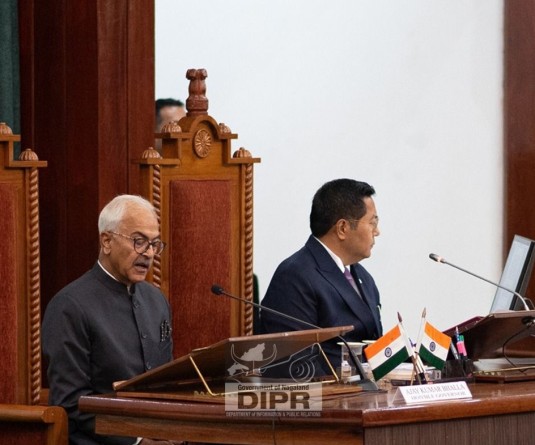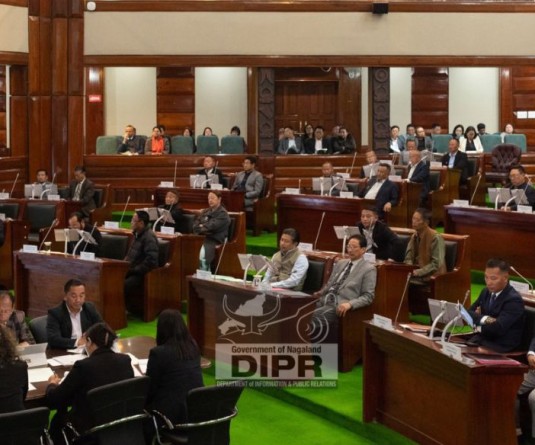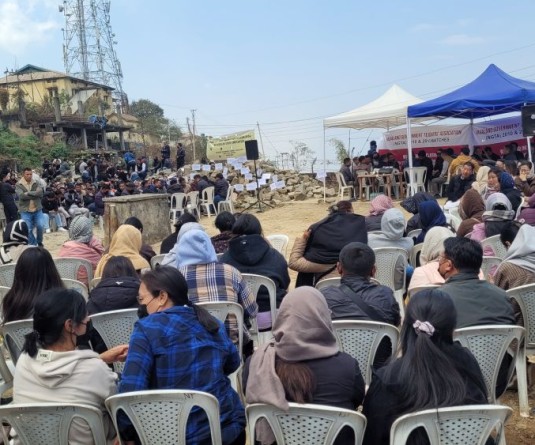
Dimapur, August 13 (MExN): In the midst of the unearthing of the fuel adulteration racket and subsequent bail of the kingpins, the Nagaland Govt. Registered Class-1 Contractors’ Union (NGRC-1 CU) has once again demanded that the State Government implement Direct Benefit Transfer in Kerosene (DBTK) in the state to bring reforms in the Kerosene Subsidy Regime and also to bring an end to the fuel adulteration racket in Nagaland.
The union informed that it has filed an RTI to the Public Information Officer (PIO), Department of Food & Civil Supplies, Nagaland Civil Secretariat demanding the detailed records of allocation of solvent chemicals used for adulterating fuel.
Strongly voicing out against the granting of bail to the kingpins of fuel adulteration, the union maintained, “the fuel adulteration racket is affecting every citizen and it also affects our economy in a huge manner.”
Pointing out that the fuel adulteration has caused so much of damages to vehicle engines, the union asserted that it will not tolerate the racket any further. Also pointing to collaboration of local populace in the racket, the union stated, the local owners who were allowing these kingpin to run their business all of a sudden denied any association when the racket was unearthed.
“It was very unfortunate that certain local organisation raised non-operation towards the peaceful picketing of fuel outlets,” the NGRC-1 CU stated.
Alleging that the kingpins have corrupted the Naga people’s wealth, the union asserted that they can never be allowed to run any business in Nagaland “especially fuel”.
Further maintaining that the Department of Food & Civil Supplies and the Minister concerned is solely responsible for the diversion of the thousands of litres of kerosene to the black market for fuel adulteration, the NGRC-1 CU appealed to all sections of society to contribute and join hands to fight against this racket so as not to allow the same crime to occur again “in our society”.
As regards, the Direct Benefit Transfer (DBT), the union stated that the success in direct transfer of the LPG subsidy to the consumers through the PAHAL scheme, gives an indication of the potential for use of DBT to ensure that genuine beneficiaries get the benefit of subsidy while preventing illicit diversion.






